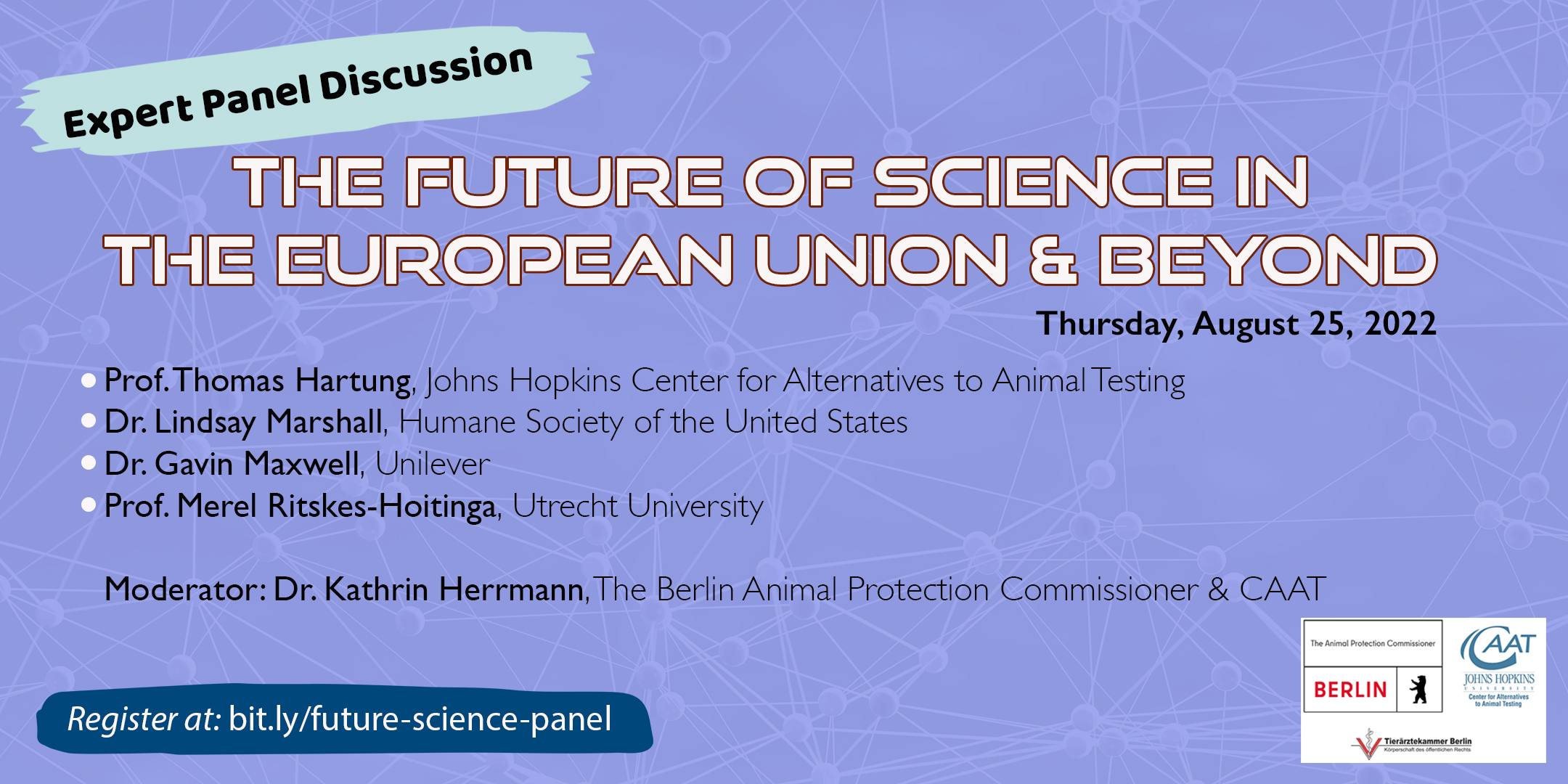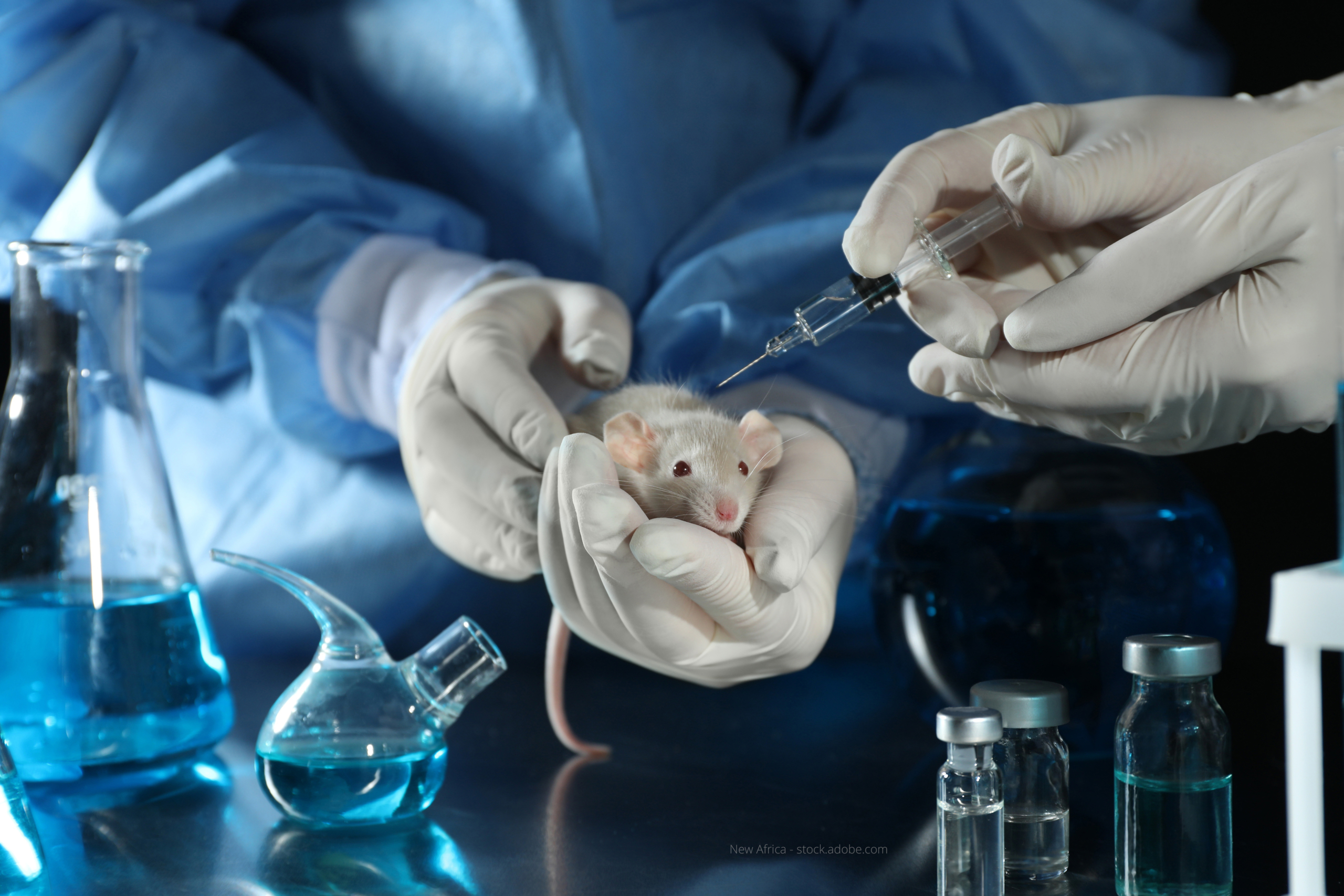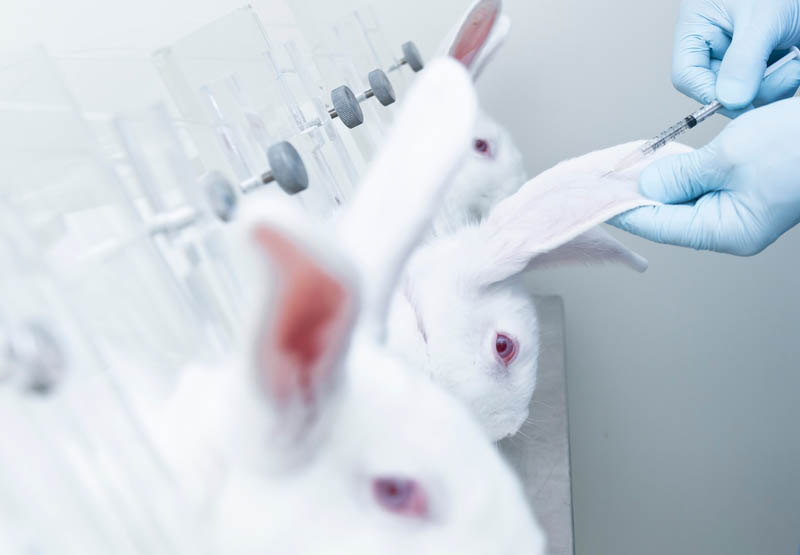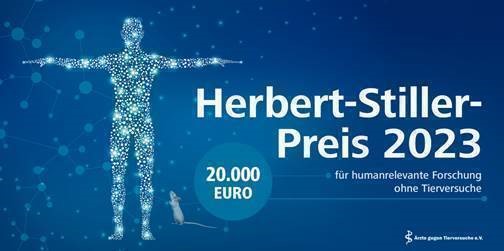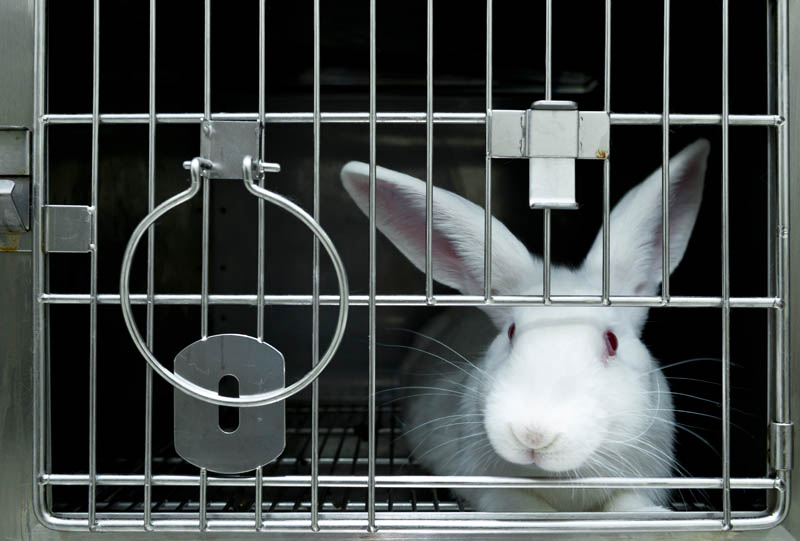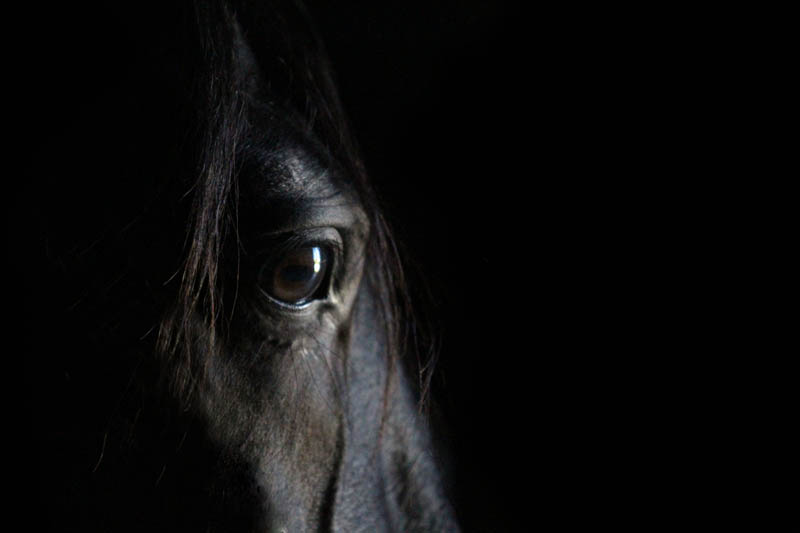Das 12. Webinar der 3R-Schulungsreihe findet am Donnerstag, den 25. August 2022, von 13:00 bis 15:30 Uhr statt. Auf dem Programm steht diesmal eine Podiumsdiskussion mit Experten über die Zukunft der Wissenschaft in der EU und darüber hinaus. Die Podiumsteilnehmer sind Prof. Thomas Hartung (Johns Hopkins Center for Alternatives to Animal Testing), Dr. Lindsay Marshall (Humane Society of the United States), Dr. Gavin Maxwell (Unilever) und Prof. Merel Ritskes-Hoitinga (Universität Utrecht). Moderiert wird das Panel von Dr. Kathrin Herrmann (Tierschutzbeauftragte von Berlin & Johns Hopkins Center for Alternatives to Animal Testing).
Information about the panelists:
Thomas Hartung’s view on animal experiments has evolved over three decades of his career from something balancing ethical desires and needs for drug and product development to the realization that scientific, economic and social reasons urge change. His work on pyrogen testing shows that animal tests can be replaced on a massive scale. His work leading the European validation body showed, that animal tests do not represent a gold standard and that investment into alternatives enables change. As the head of the Center for Alternatives to Animal Testing, he leverages the opportunities of disruptive technologies such as the bioengineering of organoid models and AI as well as objective handling of data through evidence-based approaches.
Lindsay Marshall realized that mice were not the same as people following the discovery of the gene associated with cystic fibrosis – this led to creation of many different „models“ of mice with mutations in this gene – and yet none of these mouse models gave us the breakthroughs anticipated. In fact, the game-changing drugs for cystic fibrosis that we have today were developed using non-animal approaches. Her talk will focus on the use of animals in biomedical research, considers the potential for the non-animal methods in drug discovery and development, and takes a global perspective on how and where things need to change to accelerate the uptake of NAMs in biomedical science.
During his PhD, Gavin Maxwell realized that the mouse model of B cell development he was studying had no human relevance. This realization led directly to a career in Unilever’s Safety & Environmental Assurance Centre where he’s been working on developing, evaluating and applying non-animal approaches (i.e. NAMs) for next generation risk assessment (NGRA) of consumer products and ingredients ever since. His talk will focus on how, in addition to replacing animal testing, NAMs and NGRA approaches can also help us better protect people and our planet and accelerate sustainable chemical innovation. Truly a win: win: win!
During her career, Merel Ritskes-Hoitinga has experienced that it has become urgently necessary to move from Refinement to Replacement research and education. There is an abundance of scientific evidence demonstrating the low translatability of animal studies to the human situation, and the better and faster results that many alternatives to animal studies/new approach methods (NAMs) offer. It is therefore of the utmost importance, both in terms of animal welfare as well as furthering science, that we can and must accelerate the transition to animal-free innovations.
Free registration: bit.ly/future-science-panel

